We talk more than ever, but it rarely feels like anyone’s listening.

It all started with good intentions. Message boards, friend requests, status updates—we were told the internet would bring us closer. And for a while, it did. Long-lost relatives found each other. Strangers became friends across oceans. But somewhere along the way, connection turned into content. Likes replaced intimacy. Replies turned into algorithms. And now, we’re more connected than ever—while feeling more alone than we’ve ever admitted.
We scroll past milestones without stopping. We vent into the void and call it vulnerability. We mistake attention for care. The internet gave us infinite access to each other’s lives, but very few tools to actually feel close. Loneliness didn’t vanish when the web showed up—it just changed shape. These 11 trends reveal how the digital age didn’t kill isolation. It just gave it better Wi-Fi.
1. Group chats are constant, but they rarely go deep.
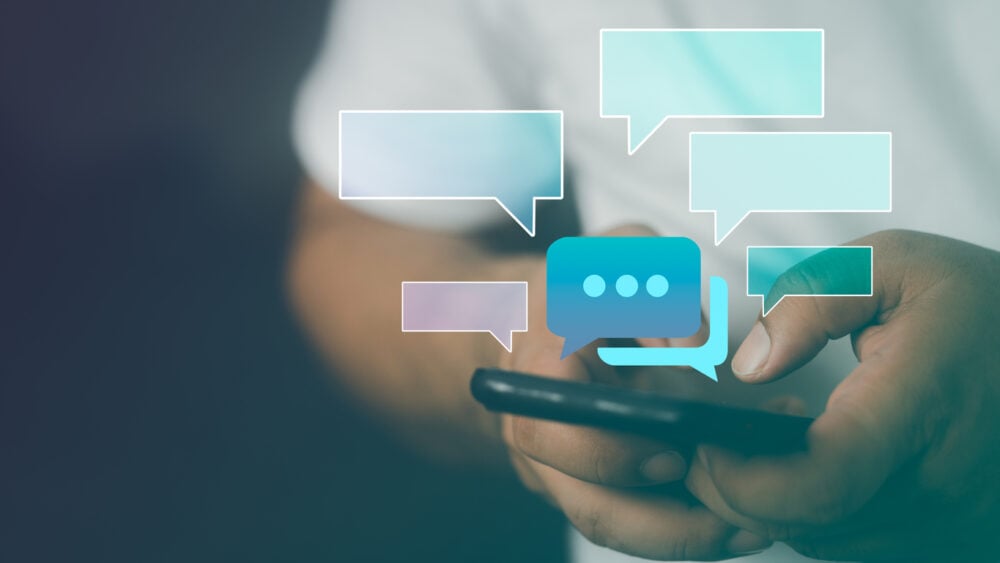
You’re in more conversations than ever, but somehow feel less heard. Group chats buzz all day with updates, jokes, memes, logistics—but rarely emotion. Adriana Khoker writes for The People’s Therapy that group chats often give the illusion of closeness while masking a deeper emotional distance between people. You’re “keeping in touch,” but you’re not truly checked in. No one’s asking how you really are. And even if they did, would this be the space where you’d answer honestly? These chats make it easy to stay tethered, but also easy to hide.
You don’t have to call anyone. You don’t have to make plans. You can stay inside a digital circle without ever stepping into closeness. It’s not that they’re bad—it’s that they’re not enough. And the longer you rely on them as your main form of communication, the easier it becomes to forget what genuine presence even feels like.
2. We overshare online, but feel more invisible than ever.
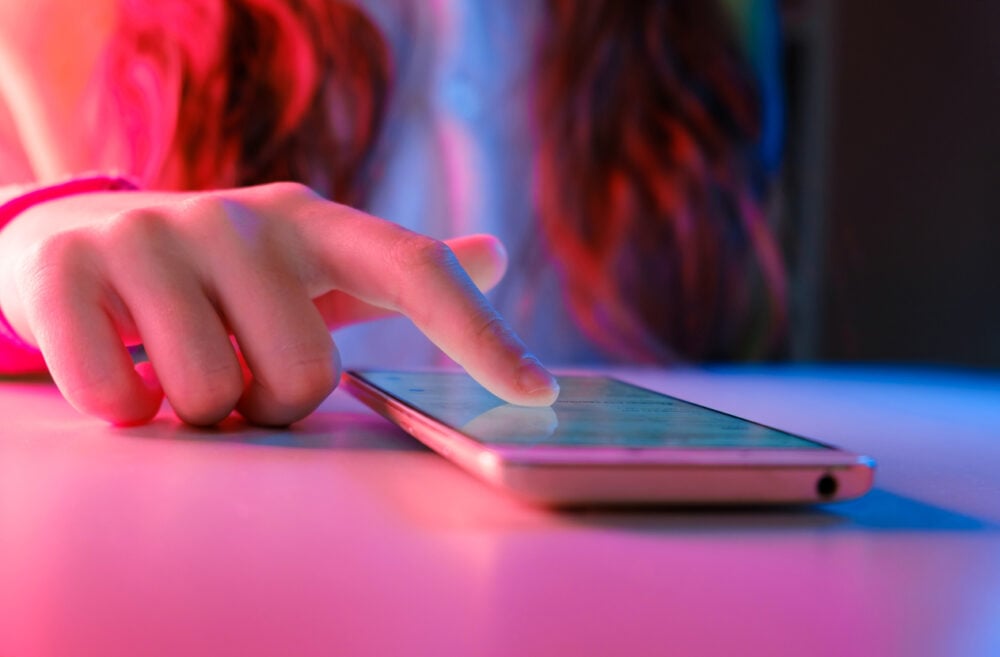
Social media made it easy to broadcast our lives—but sharing doesn’t always lead to being seen. You can post a photo, spill a truth, or mark a milestone and get dozens of reactions… but no one checks in. You’re vulnerable in front of hundreds of people, and yet somehow still feel completely alone. That disconnect is disorienting. You’re visible, but not known.
The internet rewards surface-level interaction: a heart, a “so proud of you,” maybe a fire emoji. But those don’t replace presence. They don’t ask follow-up questions. And when the feedback is delayed, minimal, or absent entirely? That silence can feel louder than any rejection.
Darby Saxbe writes in Psychology Today that social media often creates a disconnect between visibility and emotional intimacy, leaving people feeling lonelier despite frequent interaction. You’re surrounded by people, but none of them are sitting beside you. That loneliness lingers long after the post fades.
3. Online debates create noise, not understanding.

We used to talk things through. Now, we screenshot arguments and post them like trophies. Shane Rogers writes in The Conversation that outrage is rewarded online because it spreads quickly, gets more engagement, and activates strong emotional responses—often at the expense of understanding. Disagree with someone, and you’re either canceled, ratioed, or flooded with strangers jumping in to pile on. The result? Conversations that feel performative and draining, not clarifying. Everyone’s talking. No one’s listening.
The more time we spend in this kind of digital discourse, the more disconnected we become—not just from each other, but from nuance. There’s no room for complexity when every sentence is judged instantly and out of context. People don’t ask questions to understand—they ask to corner. It becomes exhausting, so we stop trying. And in the process, we lose something human. The internet promised community. But when even simple conversations feel like combat, we’re left isolated—exhausted by noise, but starving for real dialogue.
4. Endless content fills the void but leaves us feeling emptier.
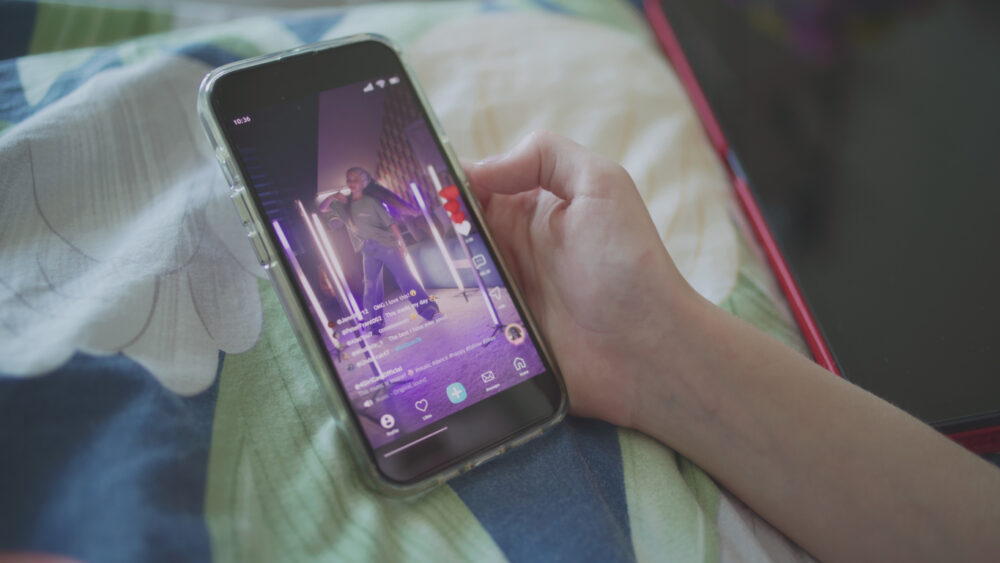
There’s always something to watch, scroll, or consume. Podcasts play while we cook, reels autoplay when we lie down, YouTube loops until we fall asleep. It all feels like company—until we realize we haven’t actually talked to anyone in days. Content is easy. Connection takes effort. So we binge, we multitask, and we fill every gap with noise. But that noise doesn’t satisfy. In fact, it makes silence feel more uncomfortable, which only deepens the cycle. You reach for your phone to avoid the stillness, not realizing that the stillness is where real emotion, creativity, and connection often live.
We weren’t designed to be passive consumers 24/7. We need reflection. We need boredom. We need one another. Content can be a great escape—but when it becomes your only form of companionship, the loneliness seeps in, quiet but relentless.
5. Social media rewards performance over presence.

You post a birthday tribute, but haven’t called the person in a year. You comment “so proud” under someone’s big moment but don’t know what they’re really going through. It’s not that you’re being fake—it’s that online connection is curated. It trains us to look like we’re close without actually doing the work of closeness.
It becomes second nature to perform intimacy instead of live it. Algorithms reward activity, not sincerity. You’re visible when you engage—so you do. But over time, the gestures feel more like routine than care.
When your social life is a highlight reel, the depth gets lost. You stop checking in privately. You rely on public displays to do the emotional lifting. And before you know it, you’ve got hundreds of “friends,” but no one to call when you really need someone. Connection becomes a show, not a lifeline.
6. Parasocial relationships are replacing real ones.
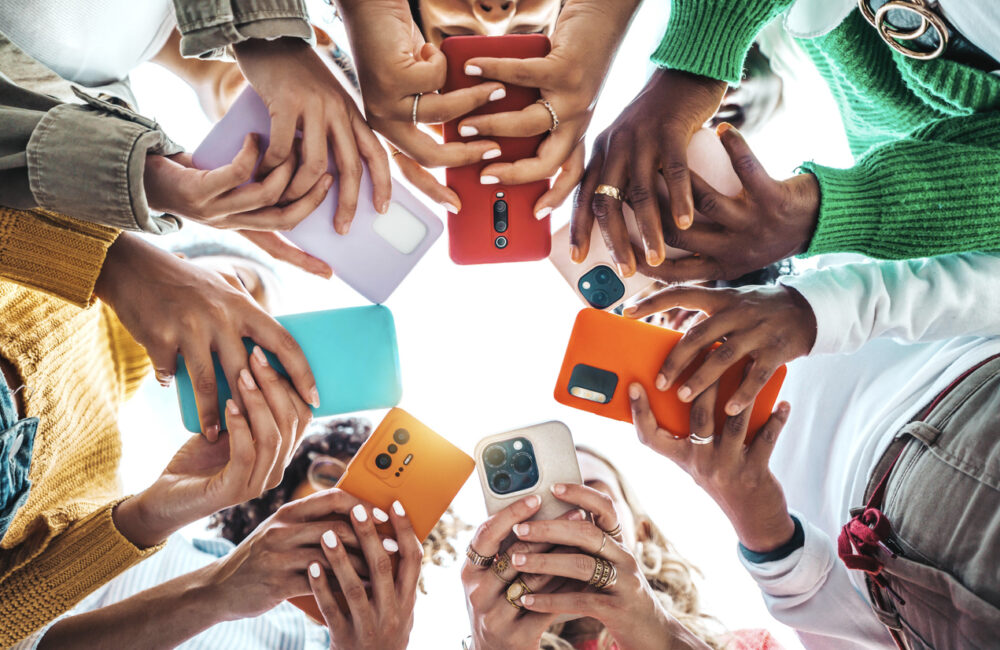
You know everything about their life—their routines, their voice, even their inside jokes. But they don’t know you exist. Parasocial relationships used to be reserved for celebrities. Now, they’re a core part of digital culture. We follow creators, influencers, streamers, even therapists online, and start to feel bonded to them. It’s comforting. It feels safe. But it’s also one-sided—and that matters more than we admit.
These relationships mimic friendship but can’t offer reciprocity. You care deeply, but you’re invisible. You feel known, but it’s a projection. When your emotional needs get met by someone who doesn’t know you, you start to forget how mutual care is supposed to feel. It’s not toxic—but it can be isolating. Especially if real-life friendships start to feel harder than passive watching. If you’ve got strong feelings for people you’ve never met, that’s not weird—but it might be a sign that you’re craving real connection.
7. We’re surrounded by people, but afraid to reach out.
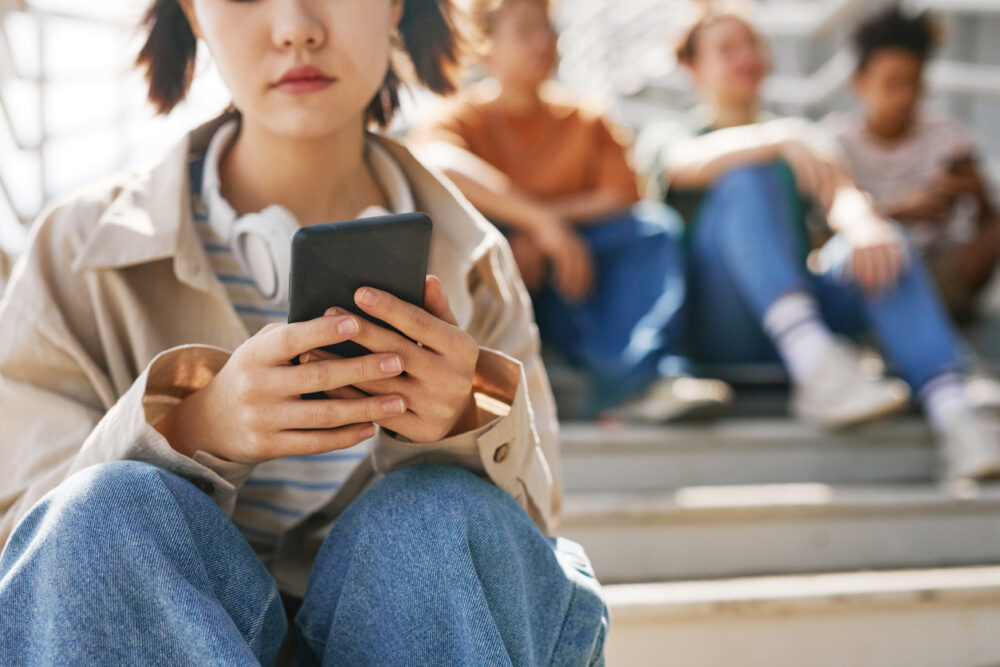
We have hundreds of contacts at our fingertips—people we grew up with, worked with, laughed with, shared late nights with. But when we’re hurting? We hesitate.
We worry it’s been too long, that we’ll be a burden, that they won’t respond. The internet makes reaching out easier than ever, but somehow we’ve convinced ourselves not to. The culture of constant availability paradoxically makes vulnerability harder. Because if we could message anyone, at any time, why don’t we? The answer is often fear—of being too much, of being met with silence, of misjudging closeness. And so we scroll instead. We lurk. We think about texting but never do. Digital connection should be a bridge—but for many of us, it’s a wall we’ve dressed up as access. And until we push past that fear, the loneliness sticks around.
8. Algorithms are choosing our friends—and our worldview.

You think you’re choosing who you follow, what you see, who you talk to—but really, the algorithm is doing most of the curating. It pushes the posts you’re most likely to react to, connects you with people who think like you, and slowly builds a feed that reflects a narrow slice of reality. Over time, that echo chamber starts to feel like the whole world.
It’s not just about politics or opinions. It’s about losing the chance to be surprised, to grow, to see something different. You’re surrounded by familiar takes, familiar aesthetics, familiar voices—and that comfort starts to isolate you from nuance and diversity. The internet promised expansion, but often delivers a tunnel. And when everyone around you starts to sound the same, even community can feel robotic. You’re not connecting—you’re looping.
9. Online friendships feel safer—but harder to sustain.

Making friends online can be magical. You find someone who gets your jokes, shares your niche interests, and feels like a lifeline in a way that people nearby don’t. These bonds are real. But they’re also fragile.
Without the structure of shared space—school, work, neighborhoods—staying close takes constant effort. And when energy dips or life gets busy, the connection fades fast. You don’t bump into them at the grocery store. You don’t share weather or holidays. That physical separation adds a layer of fragility. If you don’t text, the relationship pauses. And that pause can easily become a drift. Digital closeness is easy to start—but hard to keep alive through silence. The internet can connect us instantly, but maintaining those ties takes more than a strong Wi-Fi signal. It takes real emotional bandwidth—and that’s in short supply.
10. We mistake visibility for closeness, and it leaves us cold.
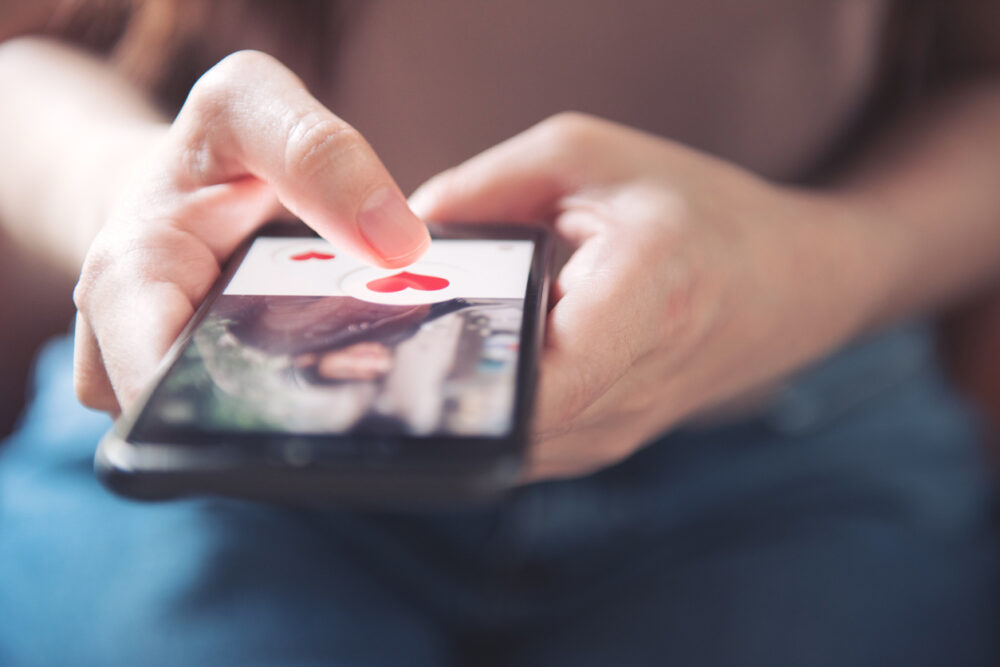
You know what your old friend is eating for lunch. You saw your cousin’s engagement photos. You liked a coworker’s vacation reel. It feels like you’re up to date—like you’re in the loop. But knowing the updates isn’t the same as knowing the person. We’ve confused proximity with presence. We see each other’s lives without actually being part of them.
This kind of ambient awareness creates a false sense of connection. You don’t reach out because you already know “what’s going on.” But what you’re seeing is a curated fraction. And when no one reaches out, everyone ends up feeling forgotten. We assume we’re connected, when really, we’re all orbiting each other silently. True closeness takes more than visibility—it takes effort, attention, and the kind of care you can’t double-tap.
11. Loneliness is easy to hide in a digital world.

In person, loneliness has a look—quiet moments, empty seats, plans that fall through. Online, it’s much harder to spot. Someone can post constantly, join every thread, drop comments on your feed—and still feel completely disconnected.
The internet gives us tools to mask isolation with activity. And often, no one can tell the difference. This makes loneliness even more isolating. If you’re surrounded by people who seem fine, it feels harder to admit when you’re not. So you join the performance, post through the ache, and hope it helps. But pretending you’re okay doesn’t fix the loneliness—it just delays it. Real connection starts with honesty. And in a digital world, honesty takes courage. You might be one message away from something real—but only if you’re willing to send it.